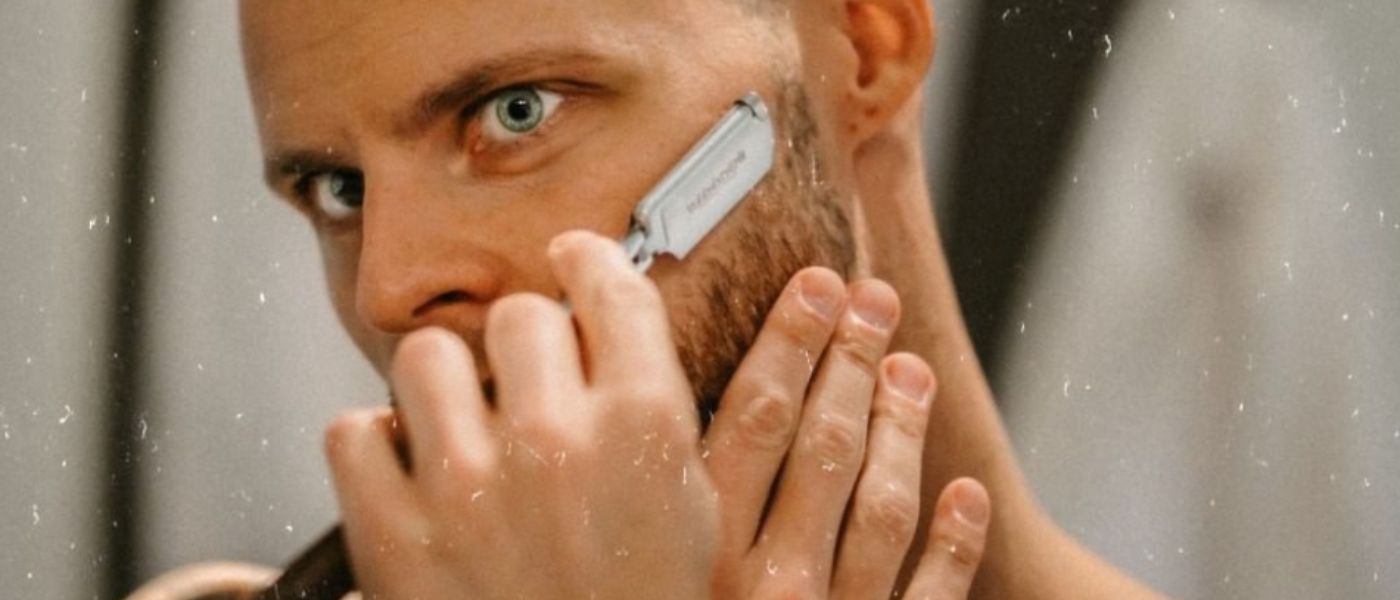Martin is a passionate entrepreneur and avid barbershop visitor. He has deeply immersed himself in the world of shaving and beard care and wants to bring the unique barbershop experience to every bathroom.
Have you always had strong and dense beard growth, but now experiencing hair loss in your beard?
This article can help! Hair loss in the beard can have many causes. Beard hairs can fall out if you're dealing with stress or poor nutrition.
Often, small changes can help you stop beard hair loss. You don't have to accept beard loss!

What Causes Round Hair Loss in the Beard?
When round hair loss appears in the beard, it is referred to as Alopecia Barbae. This can have various causes.
Such beard hair loss can be due to a hereditary condition. However, the "holes" in the beard can also be a malfunction of the immune system.
Your own hair follicles are perceived as foreign objects by your body and attacked. This is why the holes in the beard remain completely bald. No stubble grows back in these areas.
Other Causes of Hair Loss in the Beard
When beard hairs fall out, various triggers can be involved. We have summarized the most common factors for you below.
Inappropriate Care Products: Shower gel or regular hair shampoo can promote beard hair loss. Such products strip your hair of its natural oils, which is detrimental to your beard.
Your beard hairs need moisture. Therefore, use a special beard shampoo and add moisture in the form of beard oil after your shower. This will keep your beard soft. Additionally, proper beard care prevents hair breakage.
Everyday Stress: Emotional and physical stress can affect your body. The result: beard hair loss. Try to reduce stress in your daily life.
Find a relaxing hobby. This could be meditation or exercise. Even reading books can have a relaxing effect.
Hormone Deficiency: A hormonal imbalance can also cause beard hair loss. Perhaps a testosterone deficiency is responsible for your beard hairs thinning out and you getting gaps in your beard?
A possible testosterone deficiency is diagnosed by a doctor. Depending on the testosterone levels, there are various treatment approaches. Primarily, healthy fats, fruits, and vegetables, as well as testosterone supplements, help increase testosterone levels.
Genetically Conditioned Beard Loss: Beard loss can be genetically conditioned. If your father or grandfather had issues with beard growth and complained about beard loss, the cause is likely genetic predisposition.
Poor Diet: Do you mainly eat frozen products, pizza, and meat? A lack of vitamins and nutrients can negatively impact your beard. Make sure to eat a balanced diet.
Errors in Beard Care: Tugging, pulling, rubbing, and twisting – your beard does not like any of that. If the hair follicles are irritated, hair breakage can occur. Blunt razor blades can also cause tearing. Therefore, always shave with a sharp razor blade.
What to Do About Beard Hair Loss?
You don't have to accept beard hair loss. There are various methods to stop beard hair loss and stimulate beard growth.
Promote Circulation
One way to address beard hair loss is to promote circulation. Circulation can be stimulated through regular brushing with a beard brush or through peeling.

Dietary Changes
Vitamins that you get from fruits and vegetables are particularly important. Also, proteins, ideally from lean meat, help to stop beard hair loss. Say goodbye to unhealthy frozen foods and fast food! Your beard (and your body) will thank you!
A lack of essential nutrients, such as zinc or biotin, can also contribute to beard hair loss. A deficiency in vitamin D or iron can also be a cause of hair loss in the beard.
This means that, besides dietary changes, it may also be advisable to take dietary supplements.
Expert Tip: Providing the body with enough nutrients naturally has a positive impact on beard growth.
Reduce Stress
Easier said than done: Reducing stress means that you help not only your beard but also yourself. How can you reduce stress? You need to find a balance.
This could be exercise or a completely new hobby. Maybe photography or reading books? Sometimes it also helps to delegate certain tasks?
Beard Hair Transplant
If hair on the head can be transplanted, beard hair can also be transplanted. If you have weak beard growth and want to increase beard density or if you have hereditary beard hair loss, a beard transplant can help.
- During the procedure, hair follicles are harvested from another part of the body, usually from the back of the head.
- The follicles are examined and prepared in a nutrient solution.
- Then the hair follicles are implanted into the beardless areas. This can be on the upper lip, chin, or cheeks.
- After the hair follicles are transplanted, the new hair goes through a regeneration phase.
- After a few months, you can look forward to full beard growth.
The hair appearance after a beard transplant looks natural. This means you can't see where the hair follicles were transplanted.
How Can I Prevent Beard Hair Loss?
Beard hair loss can be prevented. Often, it’s just small things that help you maintain a dense beard.
- Pay attention to your diet! Nutrients, such as zinc, biotin, proteins, vitamin D, and iron reduce beard hair loss
- Reduce stress! Find a balance and try to manage stress
- Get enough sleep! Your body needs sleep and rest. This also helps your beard
- Use care products! Your beard needs care. Make sure to use the right products. Special beard care products, beard oils, as well as pomades and beard shampoos provide moisture to your beard
Conclusion
There are many reasons why beard hair loss can occur. However, preventive measures can be taken to prevent noticeable hair loss from happening.
The right diet, proper beard care, and stress reduction have positive effects.
If you are already struggling with beard hair loss, you can work with testosterone products, improve your diet, or opt for a beard hair transplant.
With makeup products, such as eyeliner, hair dyes, and beard thickening products, gaps can be concealed.
FAQ
How many beard hairs do you lose per day?
You lose between 20 and 50 beard hairs per day. This is normal and part of the hair renewal process. Beard hair loss is referred to when there are noticeable gaps in the beard.
How can I conceal beard hair loss?
You can dye the beard. Coloring creates a visual density. Additionally, the beard hair becomes slightly thicker with the color. If you dye the beard dark, it will also appear fuller. The darker your hair, the fuller it appears.
With an eyeliner, you can also visually thicken the beard. This means you can use conventional makeup. However, concealing with eyeliner should be practiced.
There are also beard thickening products. The keratin fiber-based powder is worked into the beard and blends with the natural hair. This creates a natural look. During a shower or beard cleaning, the fibers are rinsed out.
How long does it take for the beard to grow back after hair loss?
Depending on personal beard growth, it can take eight to twelve months for the hair to regrow after hair loss. There is also a possibility that the hair may not regrow after hair loss.
Dive deeper and discover more captivating content:
 Free shipping from
49€
Free shipping from
49€
 100 days return
100 days return
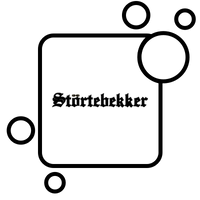 Festes Shampoo
Festes Shampoo Body Bar
Body Bar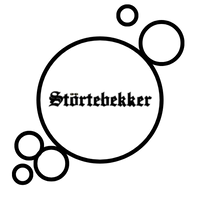 Handsoap
Handsoap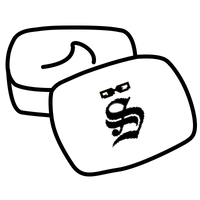 Pomade
Pomade Gesichtspflege
Gesichtspflege Deo
Deo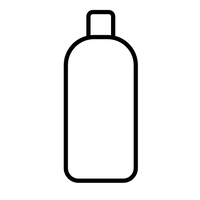 Hair & Body Wash
Hair & Body Wash Haar Booster
Haar Booster Safety razor
Safety razor Straight razor
Straight razor Shaving soap
Shaving soap Razor blades
Razor blades Shaving accessories
Shaving accessories Beard care
Beard care Beard styling
Beard styling





